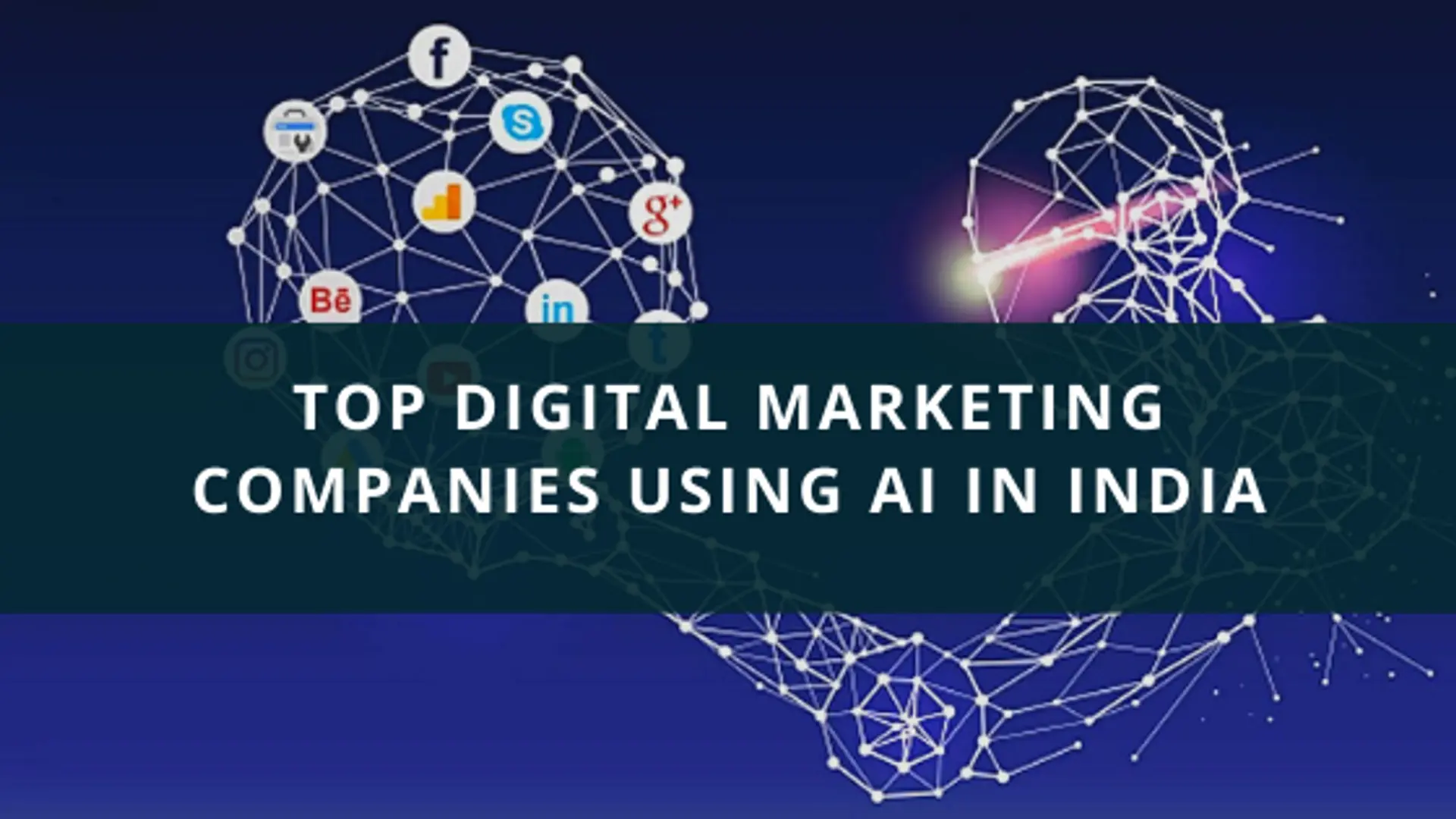

As a small business, when should I invest in an ERP Software?
As the idiom goes, “There’s no time like the present”, it’s no different for the small businesses when it comes to investing in an ERP software. This blog sheds light on it.

These are exciting times for small businesses. Tremendous growth and rapid advancements on all the fronts have created opportunities for them like never before. Many countries have opened up their economies and liberalized their policies, going to the extent of funding the startups, which has resulted in many small businesses mushrooming even in the smaller centers as against the traditional urban centers.
But just like the bigger businesses, small businesses too face certain challenges, and they turn to Enterprise Resource Planning (ERP) solutions in order to address them. Originally created for larger businesses, the ERP systems are today available for businesses of small and midsize too, offering increased functionality at a lower cost.
And that has helped the cause of small businesses, which are taking challenges such as manual data processing, intense competition, inaccurate scheduling, poor customer service, no quick or easy access to data, high dependency on individuals, strenuous and long accounting, and meeting statutory and regulatory guidelines among others, head-on. All thanks to the help of an ERP software, which has empowered them with faster-time-to-market, effective R&D and product development, access to real-time data and much more.
So, with so many apparent benefits, the answer to the question “when should a small business invest in an ERP” is NOW. No time is better than the present.
There are a lot of reasons why a small business needs an efficient management tool like an ERP, now.
Centralized platform
With an ERP, small businesses don’t need to waste their time in managing and maintaining the business data. ERP gives a centralized control to store the information of all the business processes and departments, accessible with just a click. This helps small businesses save crucial time which can be invested in other productive tasks.
Future plans and strategies
During the initial phase of the business, it is most important for the promoters to be a smart cookie. If you are running a small business, ensure that your every move should be safe and planned. ERP is an efficient tool in serving your purpose. Now plan your strategies knowing the market trends and assessing past results.
Analyze costing
As discussed earlier, small businesses managing costs becomes very crucial, and traditional techniques make it a complex process. Implementing ERP system enables you to plan, analyze and find out the actual production and other costs.
Increased productivity and efficiency
This is one of the best benefits of implementing ERP software for any small enterprise. Since the system provides a quick access to any business process or department, it saves the time of your employees and avoids hassles.
Higher flexibility
Small businesses can easily adapt to the changing market needs and demands. And so can the modern ERP systems. They are robust, flexible, scalable and configurable. You can easily make adjustments with your ERP software to maintain your business flexibility, even as you evolve and expand in size.
Maintain demand and supply
For any growing business, it is necessary to maintain the demand and supply link. With an efficient ERP software, you can avoid an excess of production leading to the loss, and also avoid the stock-outs.
Conclusion: As the small businesses grow, it becomes important for them to follow the guidelines, abide by regulations, maintain reports & documents, meet quality parameters, manage resources, cut down on costs, et al. This can only be achieved by standardization of their business processes, streamlined operations, effective waste management, etc., all of which is made possible by an ERP. So, don’t wait, invest in an ERP today to get assured gains in future. And you will surely gain a competitive edge over those who wait for the right time and those who find ERP implementation a waste of money.
That said, cost however has always been a massive constraint for the small companies while thinking about an ERP. But, breakthrough success in areas such as cloud computing, mobility, and analytics along with significant progress on other fronts have made ERP accessible for businesses of all sizes. Cutting all barriers, a Cloud-based ERP is specifically designed to meet the demands of small businesses economically.
The upfront cost of implementing Cloud ERP is very low as the computing resources are leased, and not purchased. Moreover, small businesses can save big on maintenance of the servers, as the cloud vendors take care of all updates. One such ERP is the BatchMaster ERP on Cloud. Click here to know more about it and how it can help your small business.







